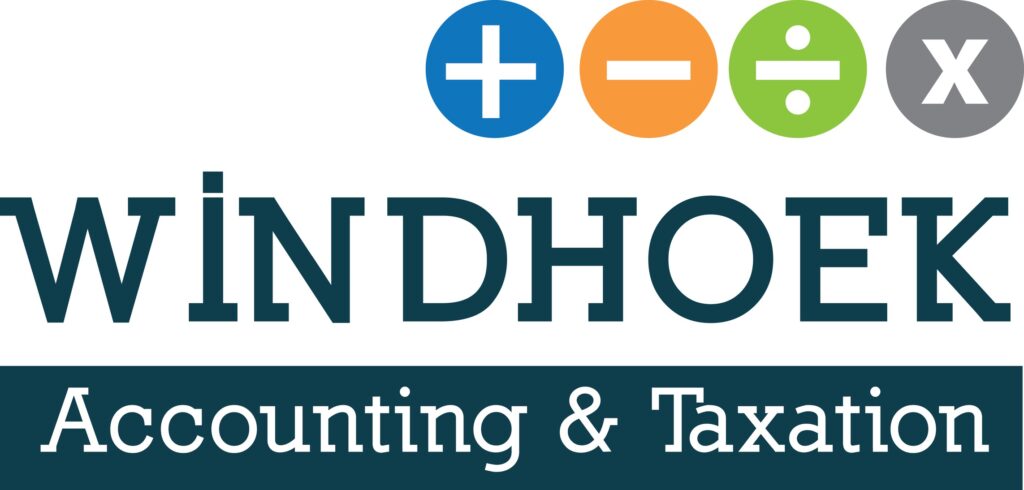Namibia has long been recognized for its political stability, sound infrastructure, and commitment to attracting investors. However, like any other country, it has its strengths and challenges when it comes to the ease of doing business. This article explores key aspects that impact businesses in Namibia, providing insights for both local entrepreneurs and foreign investors.
Key Strengths
1. Political and Economic Stability:
• Namibia is one of Africa’s most politically stable countries, with a transparent governance structure.
• Its monetary policy is closely tied to South Africa’s, ensuring a relatively stable exchange rate through the Namibian Dollar’s peg to the South African Rand.
2. Business-Friendly Regulations:
• Namibia’s regulatory framework, especially through agencies like the Business and Intellectual Property Authority (BIPA), has made company registration relatively straightforward.
• Common structures like Close Corporations (CCs) offer flexibility and simplicity for small businesses.
3. Infrastructure:
• Namibia boasts some of the best infrastructure in the region, including world-class ports like Walvis Bay, a gateway to regional trade.
• Reliable electricity and internet connectivity (though improvements are needed in remote areas) support business operations.
4. Natural Resources:
• The country is rich in minerals, fisheries, and tourism potential, making these sectors attractive to investors.
5. Trade Agreements and Access:
• Namibia is part of the Southern African Customs Union (SACU) and the African Continental Free Trade Area (AfCFTA), offering market access beyond its borders.
Challenges
1. Administrative Delays:
• Despite progress, starting a business or acquiring permits can still involve bureaucratic delays. For instance, acquiring land-use permits or environmental clearances may take longer than expected.
2. Access to Finance:
• Many small and medium enterprises (SMEs) face difficulties accessing affordable credit, with stringent requirements from financial institutions.
3. Skilled Labor Shortage:
• While Namibia has a relatively educated workforce, there are gaps in technical and specialized skills in certain industries.
4. High Cost of Utilities:
• Electricity and water costs remain high, especially for businesses in manufacturing or agriculture.
5. Regional Disparities:
• While urban areas like Windhoek, Walvis Bay, and Swakopmund are well-developed, rural areas often lag in infrastructure and business opportunities.
Government Efforts to Improve
1. Policy Reforms:
• The government has introduced measures to improve efficiency, such as digitalizing services at BIPA and other regulatory bodies.
• The Public Procurement Act, 2015 has been revised to create more opportunities for local businesses.
2. Incentives for Investors:
• Special Economic Zones (SEZs) like those in Walvis Bay offer tax breaks and other benefits for qualifying industries.
• The Namibian Investment Promotion and Development Board (NIPDB) is working to streamline foreign direct investment (FDI) processes.
3. Infrastructure Development:
• Projects like the expansion of the Port of Walvis Bay and upgrades to road networks are aimed at reducing logistical bottlenecks.
Tips for Doing Business in Namibia
1. Understand Local Regulations:
• Familiarize yourself with the Companies Act, VAT Act, and other relevant legislation.
• Consult professionals to ensure compliance, especially with tax and labor laws.
2. Leverage Incentives:
• Explore tax holidays and other benefits offered in SEZs or through investment promotion initiatives.
3. Build Relationships:
• Networking is key in Namibia. Establishing connections with local stakeholders can open doors and provide valuable insights.
4. Plan for Regional Expansion:
• Use Namibia’s strategic location as a springboard to access markets in Angola, Zambia, Botswana, and South Africa.
Conclusion
Namibia is a promising destination for businesses, offering stability, infrastructure, and growth potential. However, entrepreneurs and investors must navigate certain challenges with preparation and local expertise. By staying informed and leveraging available resources, businesses can thrive in Namibia’s dynamic environment.
If you’re considering starting or expanding your business in Namibia, Windhoek Accounting & Taxation is here to guide you through the process with expert advice and practical solutions.
Let us help you take the first step toward success!


